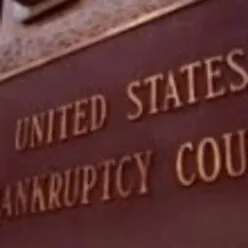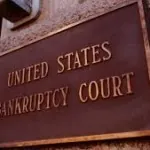A Bankruptcy Trustee is appointed by Court to review the debtor’s petition and schedules, conduct the meeting of creditors, to make sure there is no fraud and to administer the bankruptcy estate in liquidation.
Table of Contents
FAQ
Question 1: What is a Bankruptcy Trustee?
Answer: A Bankruptcy Trustee is a court-appointed individual who is responsible for managing the assets of a bankrupt individual or business. The Trustee is responsible for ensuring that creditors are paid and that the bankrupt individual or business is able to pay off their debts. The Trustee also has the authority to liquidate assets if necessary.
Question 2: What are the duties of a Bankruptcy Trustee?
Answer: The primary duties of a Bankruptcy Trustee are to manage the assets of the bankrupt individual or business, to ensure that creditors are paid, and to liquidate assets if necessary. The Trustee is also responsible for filing the necessary paperwork with the court and for representing the bankrupt individual or business in court proceedings.
Question 3: How is a Bankruptcy Trustee appointed?
Answer: A Bankruptcy Trustee is appointed by the court when a bankruptcy case is filed. The Trustee is responsible for overseeing the case and ensuring that the bankrupt individual or business is able to pay off their debts.
Question 4: What happens if a Bankruptcy Trustee is not appointed?
Answer: If a Bankruptcy Trustee is not appointed, the court will appoint a receiver to manage the assets of the bankrupt individual or business. The receiver will be responsible for ensuring that creditors are paid and that the bankrupt individual or business is able to pay off their debts.
Question 5: How long does a Bankruptcy Trustee stay in the case?
Answer: A Bankruptcy Trustee will stay in the case until the bankruptcy case is closed. The Trustee will be responsible for managing the assets of the bankrupt individual or business and ensuring that creditors are paid until the case is closed.
Question 6: What happens if a Bankruptcy Trustee is not able to fulfill their duties?
Answer: If a Bankruptcy Trustee is not able to fulfill their duties, the court may appoint a new Trustee to take over the case. The new Trustee will be responsible for managing the assets of the bankrupt individual or business and ensuring that creditors are paid.
Question 7: What are the benefits of having a Bankruptcy Trustee?
Answer: Having a Bankruptcy Trustee can be beneficial for a bankrupt individual or business because the Trustee is responsible for managing the assets of the bankrupt individual or business and ensuring that creditors are paid. The Trustee also has the authority to liquidate assets if necessary, which can help the bankrupt individual or business pay off their debts.
Excerpt
Are you considering filing for bankruptcy? A Bankruptcy Trustee can help you navigate the process and ensure that your financial interests are protected. With their expertise and guidance, you can make the best decisions for your financial future.

